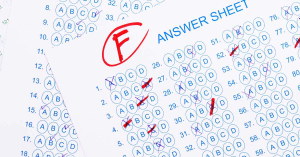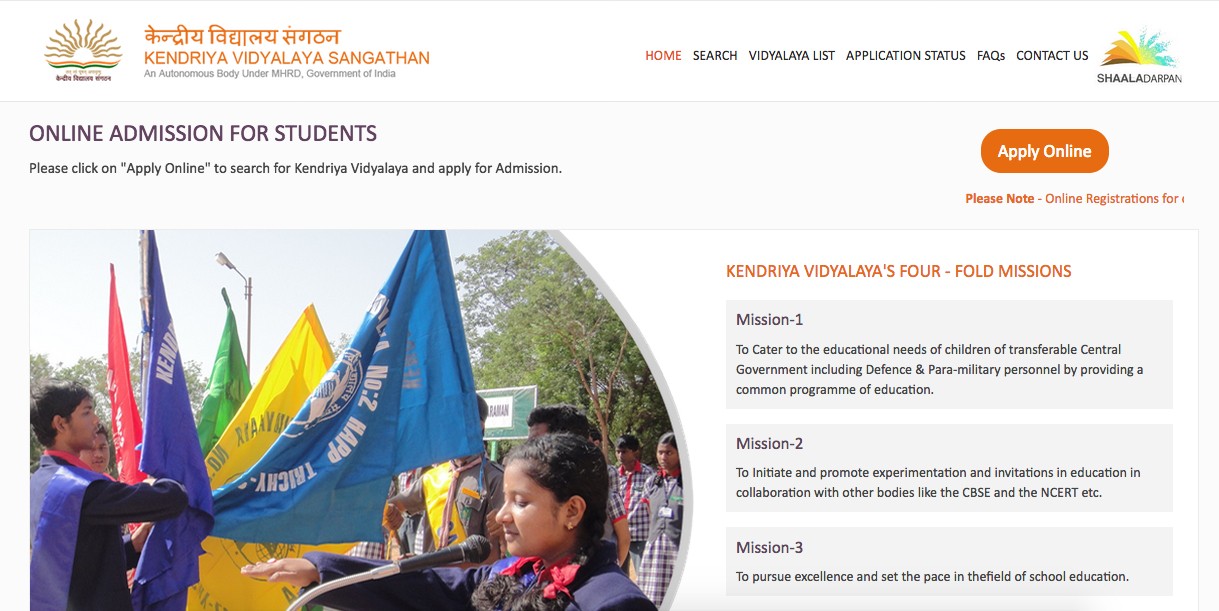Choosing the right school or educational program for your child can feel overwhelming, especially when it comes to understanding the curriculum. As parents, it's important to ensure that the curriculum aligns with your child's needs, learning style, and long-term goals. Asking the right questions about the curriculum helps you gain insight into how your child’s education will be structured and whether it provides the necessary foundation for their academic and personal growth. Here are the top 10 essential questions parents should ask about a school's curriculum.
Top 10 essential questions parents should ask about a school's curriculum
1. What Are the Core Subjects and Focus Areas?
Understanding the main subjects covered by the curriculum is key. This includes asking about core subjects like math, science, language arts, and social studies, as well as any additional focus areas such as technology, physical education, or the arts. Knowing the emphasis placed on different subjects will give you a sense of whether the school offers a well-rounded education.
Follow-Up Question: Are there any subjects given more importance, and how are they integrated into the daily schedule?
2. How Is the Curriculum Designed to Meet Diverse Learning Needs?
Every child learns differently, and a strong curriculum should account for a range of learning styles and abilities. Ask how the curriculum is differentiated to meet the needs of all students, including those who may require additional support or enrichment. Schools that offer personalized learning plans or accommodations for diverse learners show a commitment to helping every student succeed.
Follow-Up Question: How does the school support children with learning differences or gifted students?
3. How Are Critical Thinking and Problem-Solving Skills Encouraged?
In today's world, rote memorization isn't enough. A curriculum that promotes critical thinking, creativity, and problem-solving skills prepares students for real-life challenges. Ask how the school encourages these skills through its teaching methods, activities, and assessments. Look for opportunities where students are encouraged to think independently, engage in discussions, and solve complex problems.
Follow-Up Question: Are there project-based or inquiry-based learning opportunities?
4. How Is Technology Integrated Into the Curriculum?
Technology plays an essential role in education today. It’s important to understand how schools incorporate technology into their teaching practices. Does the curriculum include digital literacy, coding, or the use of tools like tablets and laptops? Technology should enhance learning, not replace traditional methods, so it’s important to strike the right balance.
Follow-Up Question: How are students taught to use technology responsibly and effectively?
5. What Assessments Are Used to Measure Student Progress?
Ask about the types of assessments used to gauge student progress and how frequently they occur. Some schools rely on standardized tests, while others may use formative assessments like quizzes, projects, or presentations. Understanding the assessment methods will help you know how the school tracks student growth and areas that may need additional focus.
Follow-Up Question: How are parents informed about their child's progress, and are there opportunities for feedback?
6. How Does the Curriculum Prepare Students for Future Academic or Career Success?
It’s important to ask how the curriculum aligns with long-term academic or career goals. Whether you’re thinking about college readiness or skills needed for a future career, ensure that the curriculum offers a solid foundation in key areas. Schools should prepare students for the next stages of education and life by offering relevant skills and knowledge.
Follow-Up Question: Does the curriculum provide opportunities for internships, career guidance, or college counseling?
7. How Is Character Education Incorporated?
Education is not just about academics; it’s also about shaping well-rounded individuals. Ask how the curriculum addresses character education, including social-emotional learning, ethics, and leadership. Schools that foster these qualities help students develop into responsible, empathetic individuals.
Follow-Up Question: What programs or activities does the school offer to promote character development?
8. How Does the Curriculum Incorporate Cultural Awareness and Global Perspectives?
In an increasingly interconnected world, it's important for students to learn about different cultures, global issues, and diversity. Ask how the curriculum incorporates cultural awareness and global perspectives, and whether students have opportunities to engage with these topics in meaningful ways.
Follow-Up Question: Are there any international exchange programs, language courses, or global studies initiatives offered?
9. How Is Parental Involvement Integrated Into the Learning Process?
Parents play a crucial role in supporting their child's education. Ask how the school encourages parental involvement in the learning process. Are there regular parent-teacher meetings, workshops, or opportunities for parents to engage with the curriculum? Schools that foster a strong partnership between parents and teachers tend to have a more supportive learning environment.
Follow-Up Question: What resources are provided to parents to help them support their child’s learning at home?
10. How Is the Curriculum Updated to Reflect Changes in Education and Society?
Education is constantly evolving, and a good curriculum should be adaptable. Ask how frequently the curriculum is reviewed and updated to reflect the latest educational trends, technological advancements, and societal changes. This ensures that students are learning relevant, up-to-date information that prepares them for the future.
Follow-Up Question: Who is responsible for curriculum review and updates, and how are these changes communicated to parents and students?
Conclusion
Choosing the right curriculum is one of the most important decisions parents can make for their child’s education. By asking these critical questions, parents can gain a deeper understanding of the school's approach to learning and ensure it aligns with their child’s needs and future goals. The answers will help you make an informed choice, ensuring that your child receives a balanced, comprehensive education that prepares them for success both academically and personally.






